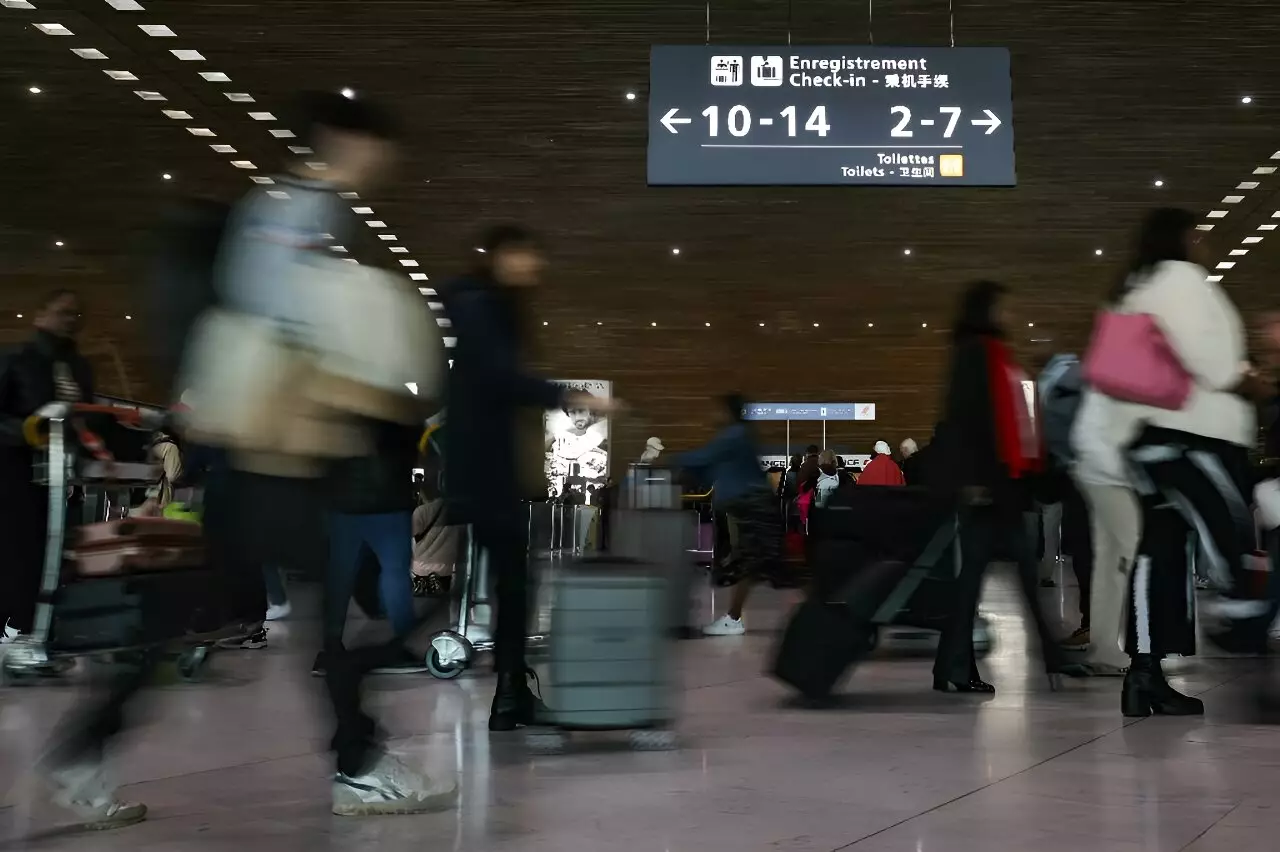The aviation industry is experiencing a significant transformation with the integration of artificial intelligence (AI) into various operations. While the idea of replacing pilots with AI may still be a distant reality, experts in the field acknowledge the profound impact that AI is having on aviation businesses. Julie Pozzi, the head of data science and AI at Air France-KLM, emphasized the importance of data and AI as valuable tools for the aviation sector. This sentiment was echoed by industry professionals at the 80th meeting of the International Air Transport Association (IATA) in Dubai, where discussions on upcoming AI projects took center stage.
For aviation companies that have long dealt with narrow profit margins, AI presents a promising solution to enhance productivity and gain a competitive edge in the market. Geoffrey Weston, a leading consultant in the airline industry at Bain & Company, hailed AI as a groundbreaking technology that accelerates information dissemination and decision-making processes. Air France-KLM’s commitment to utilizing over 40 projects involving generative artificial intelligence demonstrates the airline’s proactive approach towards leveraging AI for improved customer service and operational efficiency.
In addition to airlines, airport operators are also embracing AI initiatives to streamline processes and enhance customer experience. Groupe ADP, the operator of Paris Charles de Gaulle airport, has successfully implemented AI projects such as Allobrain, a voice recognition system that has significantly reduced unanswered phone calls. The adoption of AI technologies like Wintics, which extracts data from real-time surveillance images, underscores the industry’s focus on optimizing operations to accommodate the increasing number of air travelers.
As air travel continues to grow, the aviation industry faces challenges such as long wait times and limited space within airports. Jerome Bouchard, an aerospace expert, highlights the need for innovative solutions like facial recognition at airport security checkpoints to enhance efficiency. However, the implementation of such technologies requires robust coordination and data synchronization, which are areas that still need improvement.
While AI has the potential to revolutionize various aspects of the aviation industry, experts agree that human oversight remains essential, especially when it comes to piloting aircraft. Despite the advanced self-diagnostic and control systems present in modern aircraft, Thales CEO Patrice Caine emphasized the critical role that humans play in decision-making processes. Ultimately, AI should be viewed as a valuable tool that complements human expertise rather than replacing it entirely.
The integration of artificial intelligence in the aviation industry represents a significant milestone in improving operational efficiency, customer service, and safety standards. While challenges remain in terms of coordination and data synchronization, the industry’s embrace of AI technologies signals a promising future for air travel. As airlines and airport operators continue to innovate and adapt to technological advancements, the synergy between AI and human expertise will pave the way for a more efficient and sustainable aviation sector.


Leave a Reply